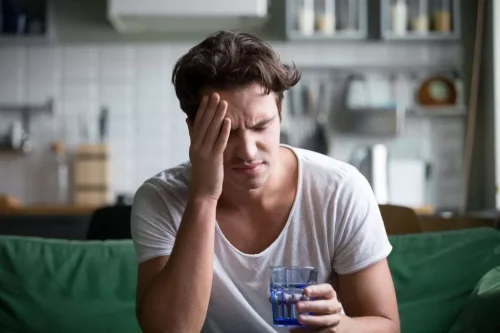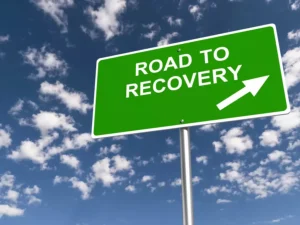
The percentage of people in mental health facilities who leave against medical advice ranges from 3% to 51%, with an average of 17%. Support from family and friends can going back to rehab aid you in achieving your recovery goals. If you have loved ones willing to stand by your side through your journey, take all the support and encouragement you can get.
Spending All Your Time on Drugs or Alcohol
Most detox regimens require hours or days, but there might be lingering effects after a week or more. If you are questioning whether or not you should return to rehab, the answer is probably yes. Dr. Williams presently serves on the board of Directors for two non-profit service organizations. He holds a Master’s degree in Human Services from Lincoln University, Philadelphia, Pa, and a Ph.D. with a concentration in Clinical Psychology from Union Institute and University. He is licensed to practice addictions counseling in both New Jersey and Connecticut and has a pending application as a practicing Psychologist in New Jersey. Our team of dedicated professionals are here to help 24 hours a day.
- Rehab can also help you pinpoint what caused your relapse so you don’t make the same mistakes again.
- Similarly, someone who goes to rehab but doesn’t engage in treatment with the goal of recovery won’t have the same experience as someone who does.
- My duties are individually counseling clients weekly throughout their program, helping them rebuild trust with their families and set boundaries.
- Our clinical and medical teams review your personal history and circumstances in order to determine the best treatment plan based on your needs.
Is Going Back to Rehab the Only Option After a Relapse?
Reducing relapse to a moral failure does a disservice to yourself and your recovery community. Relapse can be complex, and it is imperative to view your first treatment cycle as the beginning of your journey with addiction. Every treatment cycle after that is a continuation toward recovery. Consider the benefits of a new environment vs. challenges like distance from support and added costs. It’s best to enroll in an inpatient care plan if you don’t have a stable home environment or believe you can’t stop the loop of relapse on your own.
- You may be unable to work, provide for your family, or study properly.
- Medical specialists oversee most treatment programs so that you can get proper medical support and guidance.
- Many addicts mistakenly think that going to treatment alone will be enough to keep them sober.
- It’s important to undergo detox in a medical setting where you can receive appropriate care and support.
You didn’t participate in the program.

Understanding how a relapse happens is an important prevention strategy because you learn to recognize the signs and course-correct before you start using again. According to the model developed by Marlatt and Gordon, a relapse begins with a high-risk situation that is followed by a poor coping response. Then, they might believe that drugs and alcohol will feel good and alleviate these negative feelings, and this chain of events can lead to a full-blown relapse where a person returns to uncontrolled use.

But this view is considered harmful since it fosters feelings of guilt and shame that can hinder your ability to recover from a setback. For others, recovery is a personal growth process that usually involves a couple setbacks.2 Rather than viewing a relapse as shameful, this perspective looks at it as a learning experience. Dan is passionate about disrupting the current addiction treatment model in the USA and wants to see people overcome their addiction issues and not just remain sober, but thrive in life while living their passion.

Importance of Aftercare
When a slip happens, they may feel so much remorse and disappointment that they feel the need to rush back into rehab to get help. A short stay in rehab can help to refocus and prevent a slip from becoming a relapse, https://ecosoberhouse.com/ one reason that so many addicts who slip will go back to a short-term rehab temporarily before heading back out into the world. A slip might be a night out drinking or one-time use of a drug you were addicted to.

Rehab is where you go for intensive treatment for addiction and/or mental health conditions. You can go to rehab for drug and alcohol addiction, mental health conditions, eating disorders, and co-occurring conditions (having an addiction and a mental health condition, for example). Recent research has shown that roughly half of the people who enter a treatment program for drug or alcohol addiction will relapse within less than a year.